Adopting a dog from a shelter is an act of immense compassion that not only brings a new best friend into your life but also helps save lives across the country. At DogDog, we live and breathe the belief that every shelter dog deserves a happy ending. But with so many organizations, how do you know which shelter will set you and your future pup up for success? Let’s walk through what to look for, what questions to ask, and how to ensure your journey is both joyful and responsible.
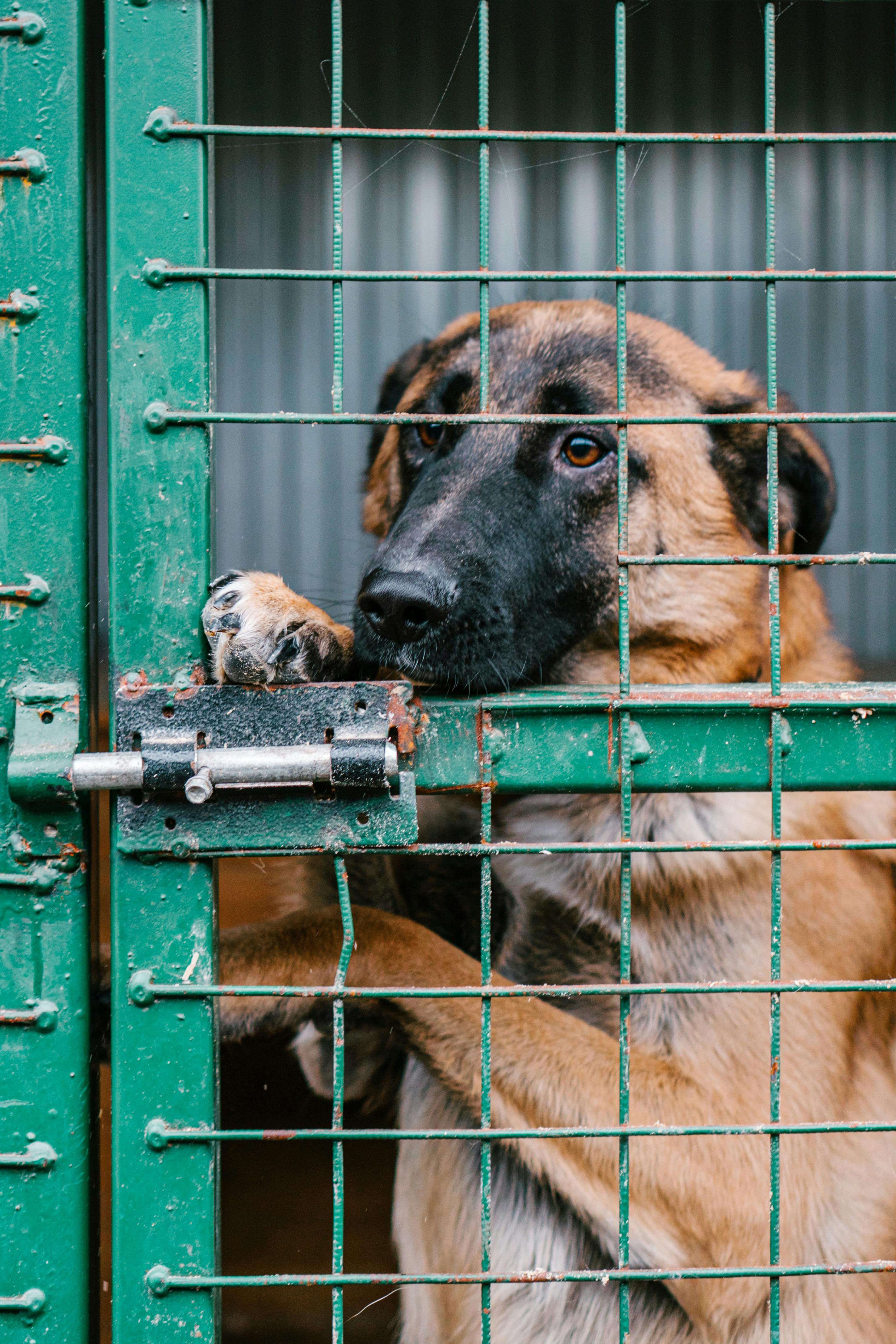
Why Your Choice of Shelter Matters
Not all shelters are created equal. The environment where a dog is cared for before adoption can have a profound effect on their health, behavior, and ability to transition into a new home. We’ve seen firsthand, through stories supported by DogDog searches, how the right rescue environment transforms troubled pups into happy, healthy family members. Responsible shelters are transparent about their practices, prioritize animal welfare above speed of rehoming, and provide lifetime support for both dogs and adopters.
What to Look for in a Dog Shelter
- Clean, Safe, and Enriching Environment
The best shelters maintain immaculate and odor-free spaces, provide cozy beds, and ensure every animal has clean water, nutritious food, and toys or enrichment activities. - Access to Veterinary Care
All adoptable dogs should be vet-checked, spayed or neutered, vaccinated, and routinely monitored for health conditions. Shelters committed to animal wellness don’t cut corners on care. - Transparency in Animal Histories
From surrendered pets to rescued strays, staff should be forthcoming about each dog’s background, behavioral quirks, and medical needs. This transparency is key to setting you—and your new friend—up for success. - Supportive, Knowledgeable Staff & Volunteers
Are they invested in matching pets to the right homes, or do they seem rushed and transactional? Great shelters answer your questions thoroughly, offer post-adoption resources, and follow up after placement. - Behavioral Assessments and Honest Evaluations
Top-tier shelters conduct behavior and temperament testing, and discuss each dog’s personality, energy level, and adaptability to different households (active, quiet, with kids, other pets, etc.). - Adoption Policies Focused on Animal Welfare
Look for clear application procedures, realistic requirements about your living situation, and reasonable adoption fees. A shelter should never rush a placement. - Return and Support Policies
If your new companion struggles to adjust, a reputable shelter will take the dog back without judgment and offer resources to help smooth the transition.
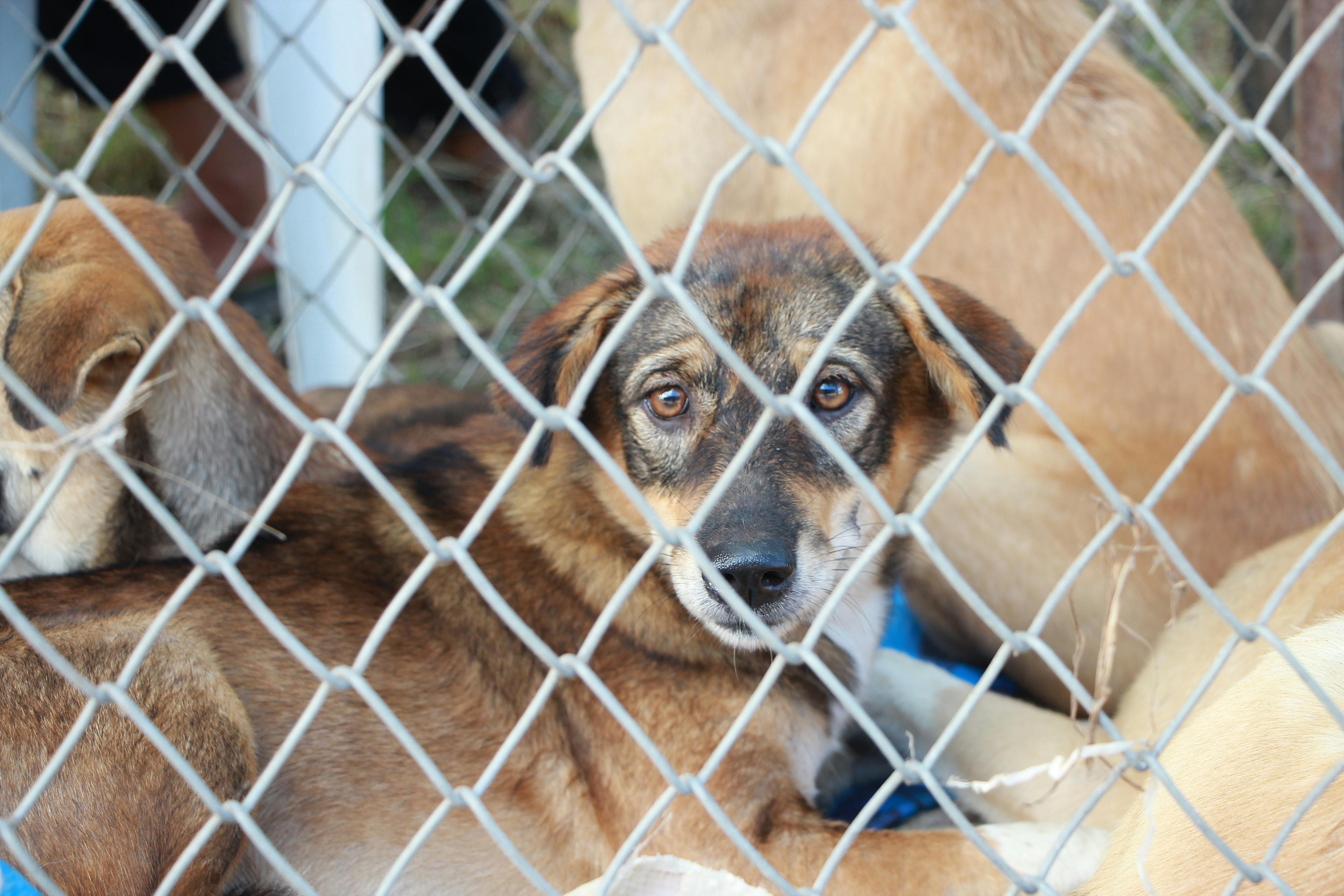
Essential Questions to Ask When Visiting a Shelter
Going beyond the first impression will help you avoid heartache down the line and make the right match. Here’s what we always recommend asking:
- Can you tell me about this dog’s background?
Were they a stray, an owner surrender, or from a neglect case? How long have they been at your shelter? - Have they been adopted or fostered before?
Multiple placements and returns can hint at adjustment issues or unmet needs. Understand why prior adoptions didn’t work to avoid repeating patterns. - What medical care has this dog received?
Vaccinations, spay/neuter status, dental health, any chronic illnesses, current medications or recent surgeries—know what to expect. - What is their temperament like around kids, strangers, other pets?
Get specific examples of behavior, not just vague adjectives like “sweet” or “shy.” - Are they house-trained or crate-trained? What training have they had?
- What’s included in the adoption fee?
Ask about microchipping, starter supplies, and any training/vet follow-up. - If things don’t work out, what support or options do you offer?
A responsible shelter is your safety net—not a one-and-done transaction. - Can I speak to the foster parent?
If the dog has one, fosters know them best and can provide invaluable insights about personality and quirks. - Are there any home requirements?
Some shelters require fenced yards or have restrictions about children, apartment living, or other pets. - What training or behavior resources do you recommend?
The best organizations are invested in making the adoption last.
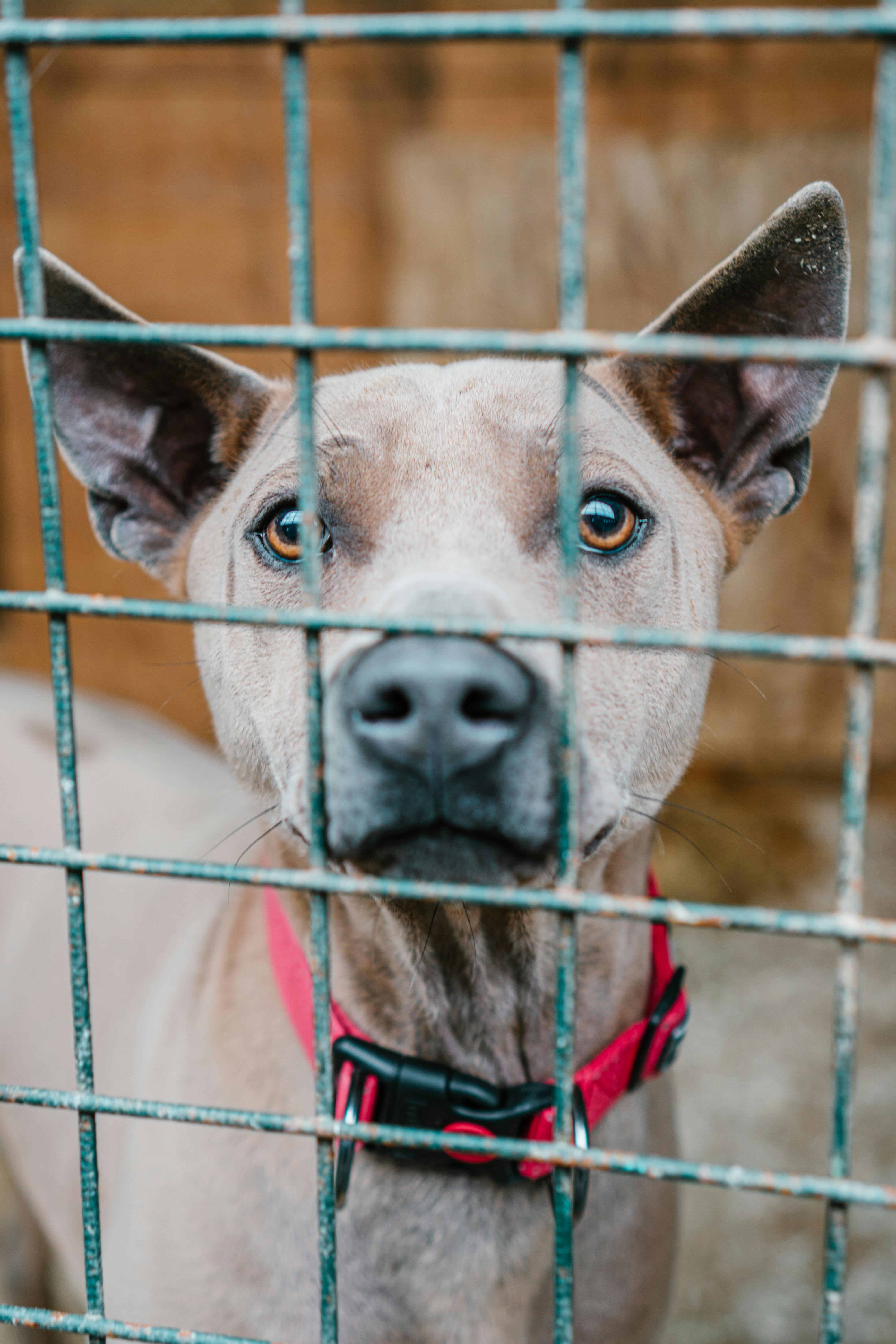
Evaluating a Dog at the Shelter: A Step-by-Step Guide
- Observe Body Language
Approach with patience. Is the dog friendly, curious, tense, or fearful? Stress is natural in a shelter, but look for dogs who recover quickly and can settle after initial excitement or anxiety. - Spend Time Together…Not Just in the Kennel
Ask for a meet-and-greet in a quieter space or outdoors. Watch how they walk on a leash, respond to you, and react to novel situations. - Involve Everyone in Your Home
If allowed by the shelter, bring other family members (including pets) to test compatibility. This minimizes surprises once your new dog moves in. - Ask About Routines
Knowing when, what, and how the dog eats, plays, and sleeps can help you ease their transition to your household. - Request a Home Trial or Foster-to-Adopt Option
Some dogs, especially those with special needs, may be eligible for short-term foster placements. This offers invaluable insight before making a lifelong commitment.
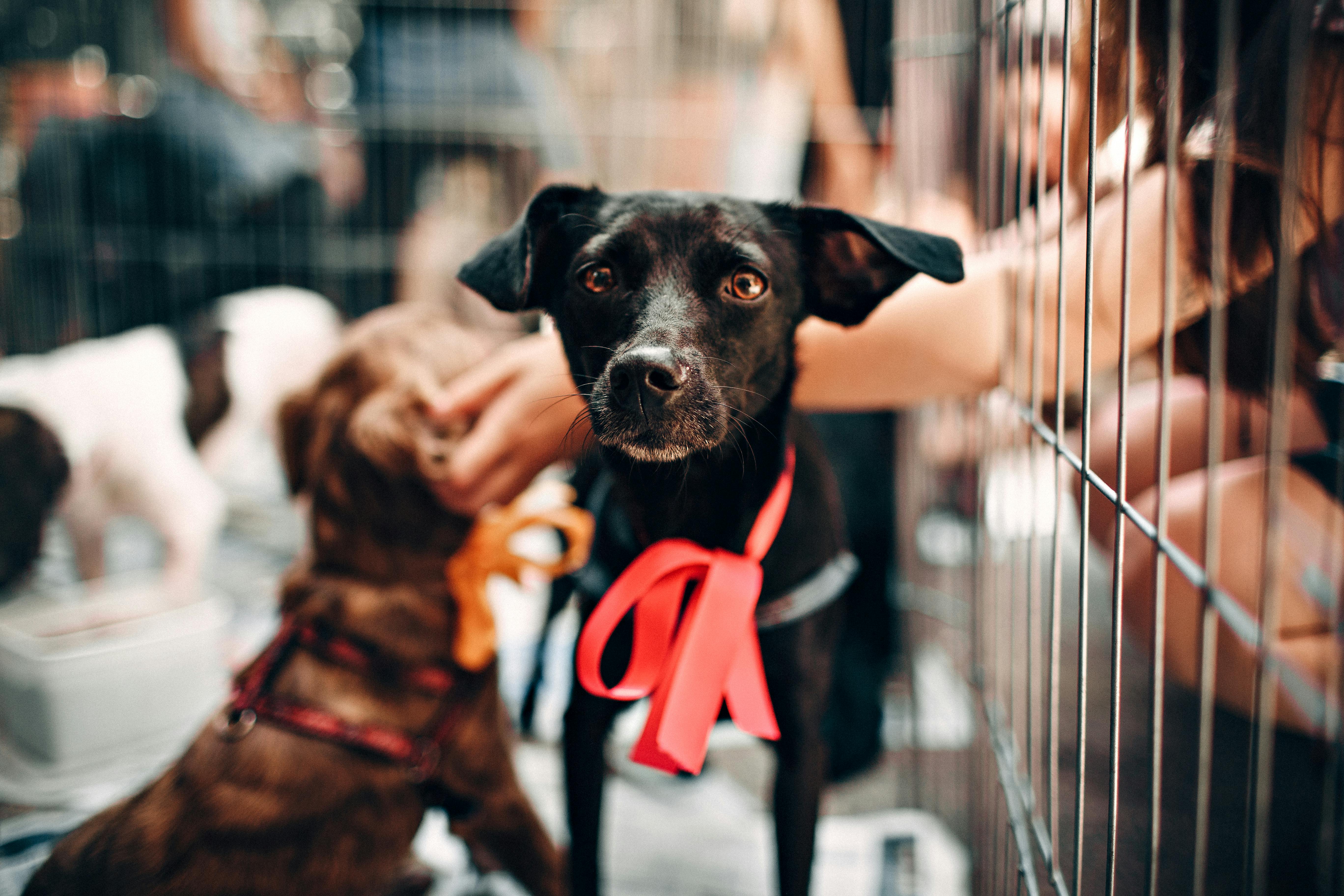
Typical Adoption Requirements You Should Be Prepared For
Most reputable shelters have clear, reasonable requirements designed to protect the well-being of both the dog and adopter. Expect to:
- Be of Legal Age
Usually 18 or 21+, with valid ID. - Provide Proof of Residence
Bring a lease, utility bill, or written landlord approval if renting. - Complete an Application
Be transparent about your household, work hours, prior pet experience, and expectations. - Agree to an Adoption Fee
This usually covers veterinary costs, microchip, and sometimes basic supplies. - Participate in a Meet-and-Greet or Home Visit
Some shelters require a quick visit to ensure you provide a safe, pet-friendly space.
How Adoption Through a Compassionate Shelter Changes Lives
Every adopter at DogDog is part of something bigger. We understand the magnitude of the shelter crisis: 7.3 million dogs and cats enter shelters annually. When you adopt, you’re not saving just one life—you’re making space for another animal to be rescued and cared for. Plus, by using DogDog for your searches, you’re directly raising funds for meals and health check-ups for shelter dogs nationwide. (Every 100 searches feeds a dog; every 2,500 covers a vet check-up. It’s that simple, that impactful.)

Final Checklist: Is This the Right Shelter?
- Are the facilities clean, animals healthy, and staff approachable?
- Do you feel welcomed, supported, and never rushed to make a decision?
- Does the shelter offer complete and honest information about animals for adoption?
- Is there ongoing help or a return policy after adoption?
- Are the adoption policies clear and focused on long-term well-being, not just quick placements?
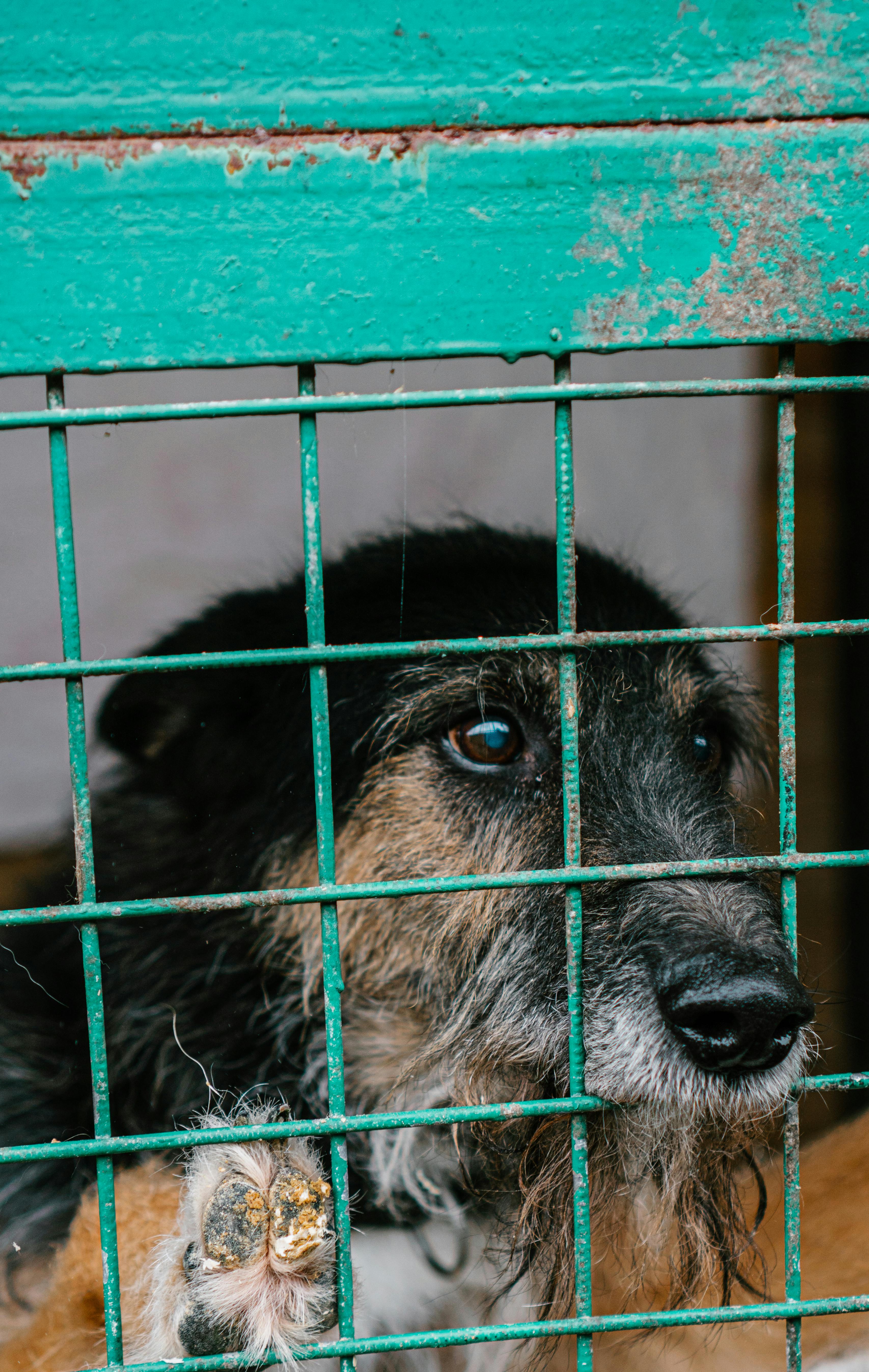
Ready to Open Your Home—and Heart?
Choosing the best dog shelter for adoption isn’t just about finding a pet—it’s about forming a partnership with an organization that shares your values for animal care, transparency, and lifelong commitment. If you can say “yes” to the criteria above, you’re on the right track to a truly rewarding adoption.
And remember: every search you make with DogDog raises funds for shelter animals, making it effortless to support the community while searching for your new companion. Together, we can help every shelter dog live their best life—one search and one loving home at a time.
